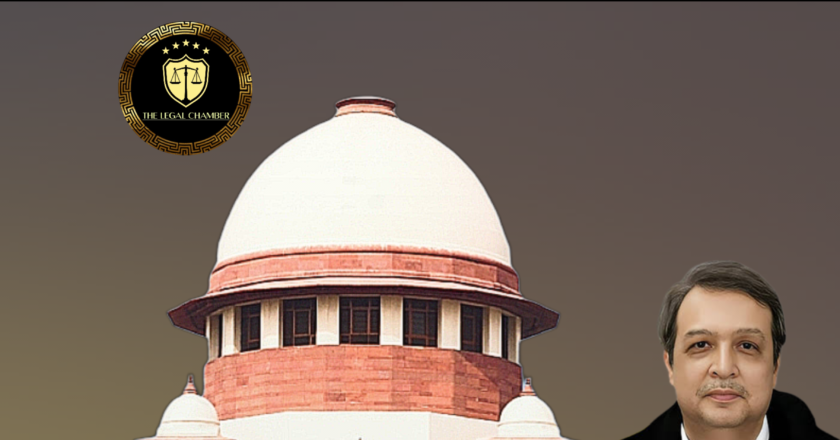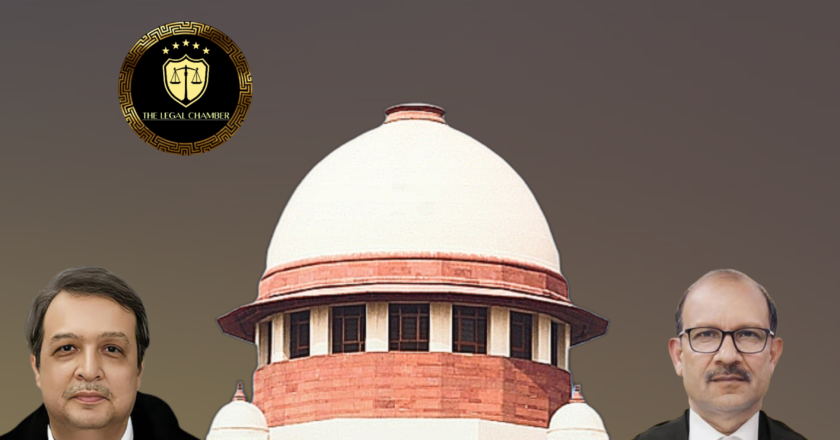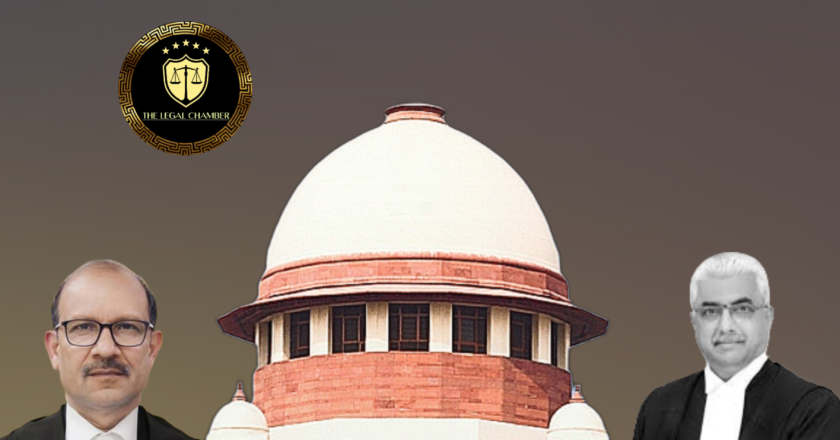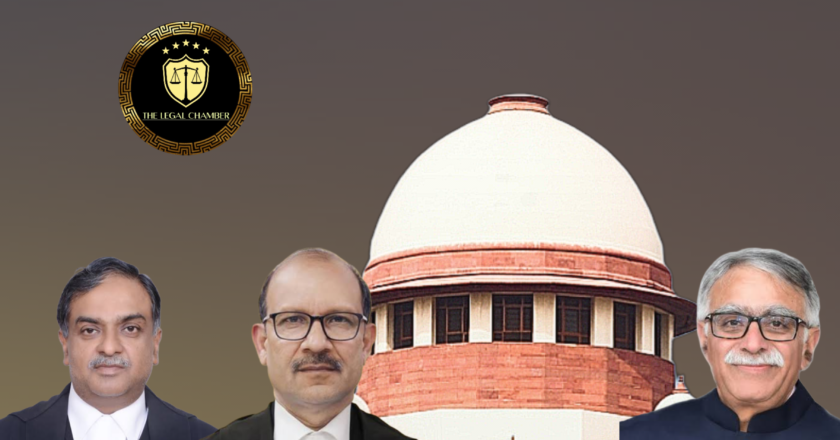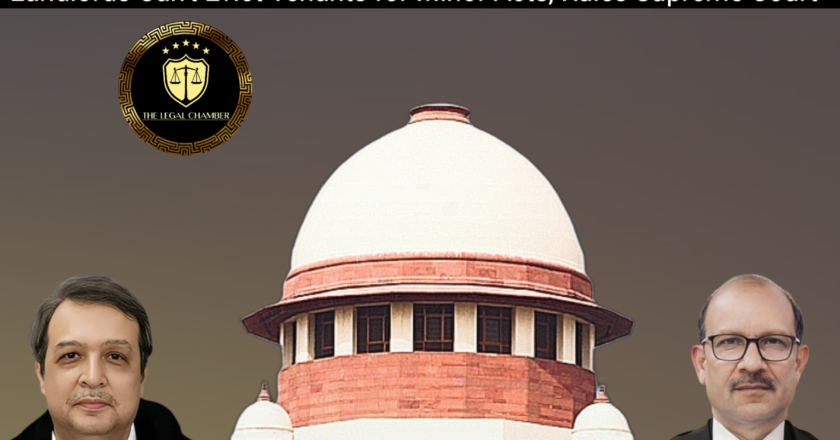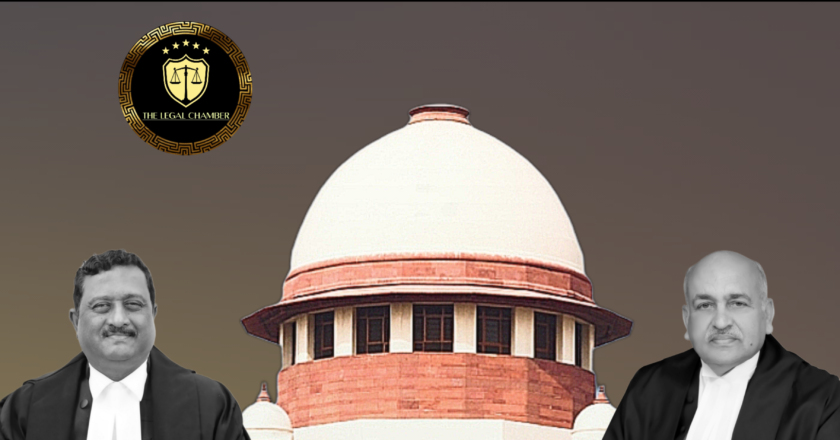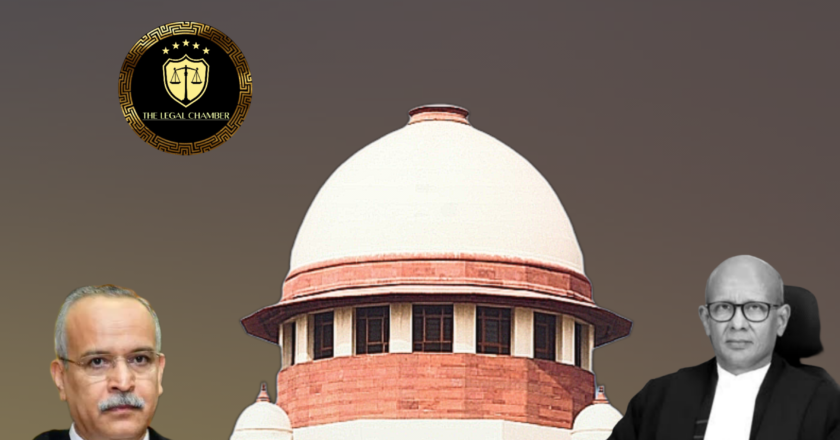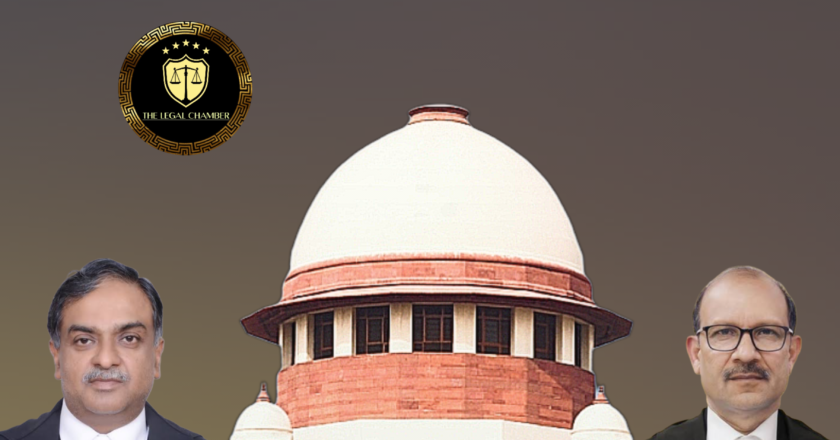Supreme Court Overturns 11-Year Delay Condonation, Sets New Precedent on Limitation Law
This Supreme Court judgment clarifies that the expression "within such period" in Section 5 of the Limitation Act, 1963 requires a party to explain the delay for the entire period from when the limitation period commenced until the actual filing date, not just the period after the limitation expired. It overrules the narrower interpretation in Rewa Coalfields and aligns with the view that "sufficient cause" must be shown for the full duration of the delay, emphasizing that the State is not entitled to preferential treatment in condonation matters.
Facts Of The Case:
The case originates from a dispute over a parcel of land. The appellant, Shivamma, became the absolute owner of the land, including a 4-acre portion, through a compromise decree in 1989. However, the Karnataka Housing Board (...
